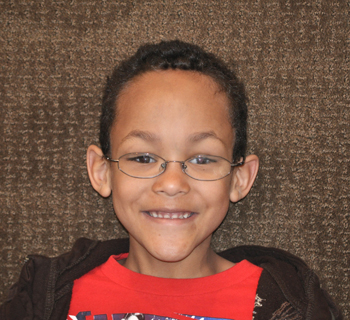
|
Pediatric Occupational, Physical, ABA/Behavioral, Feeding, Speech, and Language Therapies Main Clinic: 931-372-2567 1445 East 10th Street Cookeville, TN 38501 Email: [email protected] HIPAA Secure Email: [email protected] Fax: (931) 372-2572 ABA Clinic: 931-201-9534 400 Dubois Road Cookeville, TN 38501 Email: [email protected] Please call today to get started! Most insurances accepted! |

|
| Who needs therapy? | SE HABLA ESPAÑOL |
Teaching and Guiding without Spanking
Suggestions for Teaching and Guiding Your Child Without Spanking
DISCIPLINE means GUIDANCE. A GOOD RULE TO FOLLOW IS THAT ANY MOMENT THAT YOU ARE FRUSTRATED WITH YOUR CHILD…THEN THIS IS A TEACHABLE MOMENT. You need to teach them a new skill or a new way to handle their emotions in this instance. You need to be the parent, take time to discipline, guide, then teach them how to act better.
GUIDANCE means help in learning how to behave toward persons and things.
When you discipline, whether it is time out, taking away a reward, taking away privledges (this includes TV, Nintendo, Computer~ these are PRIVELEDGES) discipline immediately when you see the behavior, wait until the child is calm, when they are calm, then discuss these 3 things:
1. What behavior or poor choice did you make to get in trouble?
2. What emotion did you have?
3. How did you react to that emotion?
4. What could you of done with that emotion or what decision could you have made that would have been a BETTER way to deal with that?
This gives the child the tools to remember how to react to emotions better, there is nothing going to stop frustration or even anger in lives…it is how we react to that emotion that gets us in trouble even as adults. For the younger child, you have to make it simple, but follow the same ideas…for example: Your 3 year old bites another child. You place them IMMEDIATELY in their time out chair (may have to be a high chair with strapping turned to the corner). You tell them when they stop crying and fussing you will talk to them and pay attention to them. You wait until they have self calmed themselves before talking to them. When they are calm, say, “Why did you go to time out”? If they have forgotten or don’t even remember, then tell them. “Why did you bite?” you may have to help here too, by telling them you think they were wanting a toy, or upset with their big sister. Then tell them what they should of done instead of biting. Such as “you need to ask with words and wait next time”. Then, practice and role model immediately the correct behavior. Then hug, kiss, and love on them after the role modeling and the apologies to big sis! Give immediate positive interactions when they even just role model or pretend correctly. Then be attentive to the next time you can reward them with hugs, kisses, and affection when they make a good decision and use their negative emotions appropriately.
Being firm but kind will cause the child to cooperate more often than using harsh, angry words.
Set a good example. Your child learns what is right and wrong by your own actions and attitudes.
Give the child a choice whenever possible (as long as the choices are acceptable to you).
Example: Would you rather wear the red shirt or the blue one?
Then accept the child’s decision.
Give 5 or 10 minutes notice before interrupting an activity.
For example, "You need to finish your drawing and wash your hands before dinner."
Frequently review your child’s opportunities for play. Be sure he has toys and art supplies suitable for his age so that he does not act "naughtily" simply because he is bored. Even small babies get bored when they have nothing to look at or hold. When you have to take the child with you to the doctor, dentist, etc., remember to take along books and small toys to keep the child occupied.
© Parent-Child Services Group, Inc. 4/98
William Allen, Ph.D., NASP & Heidi Clopton, OTR/L
Permission to copy for educational purposes only
Site empowered by
WebOnTheFly